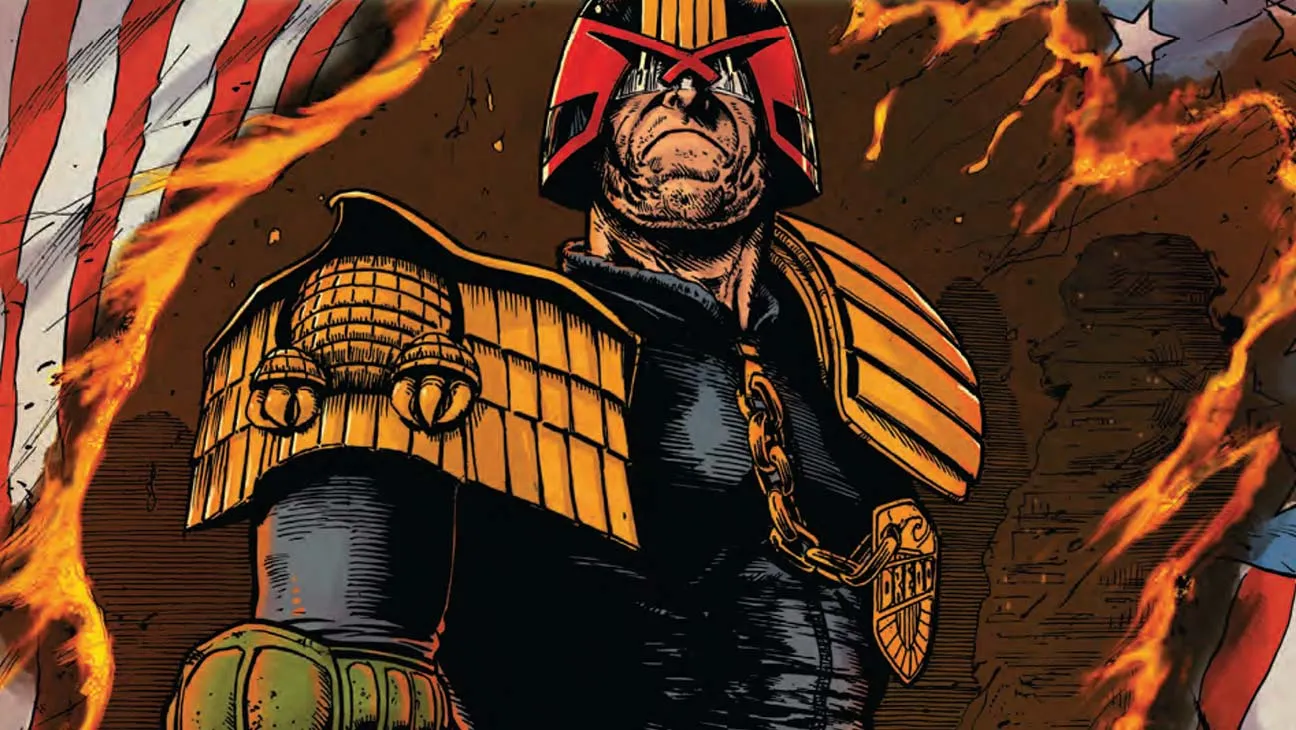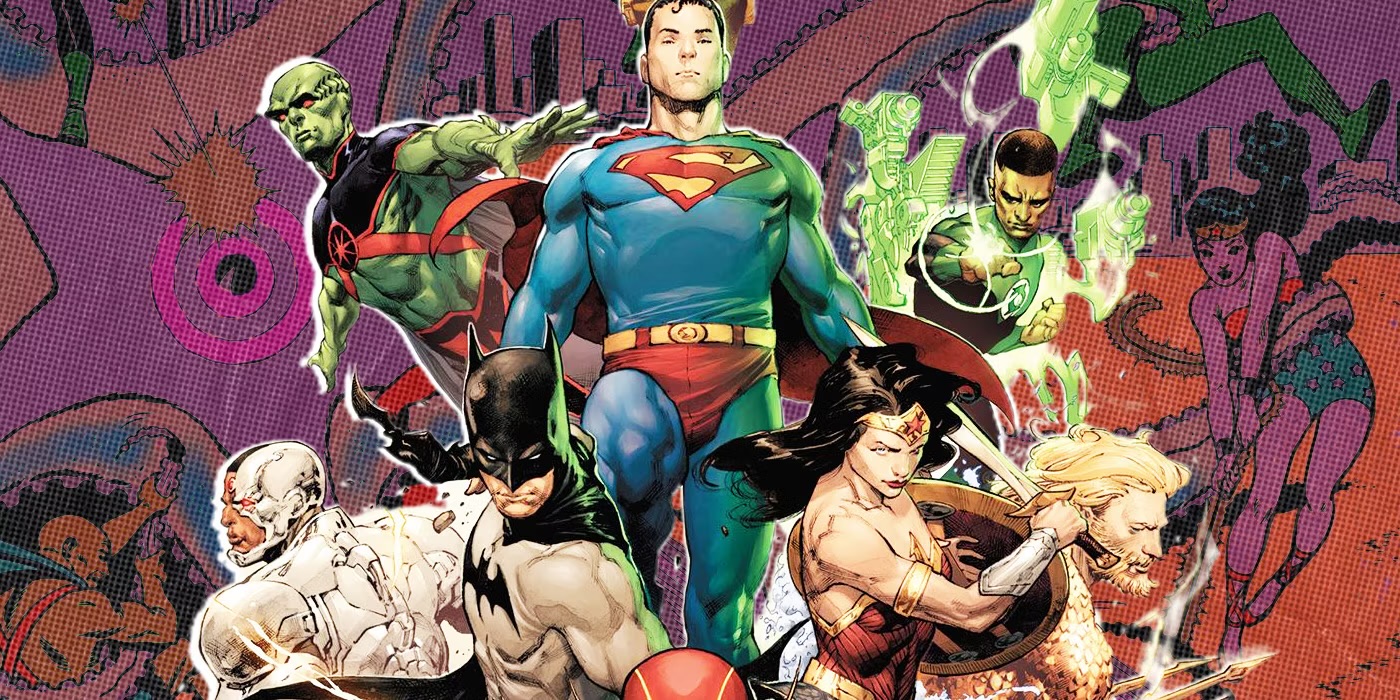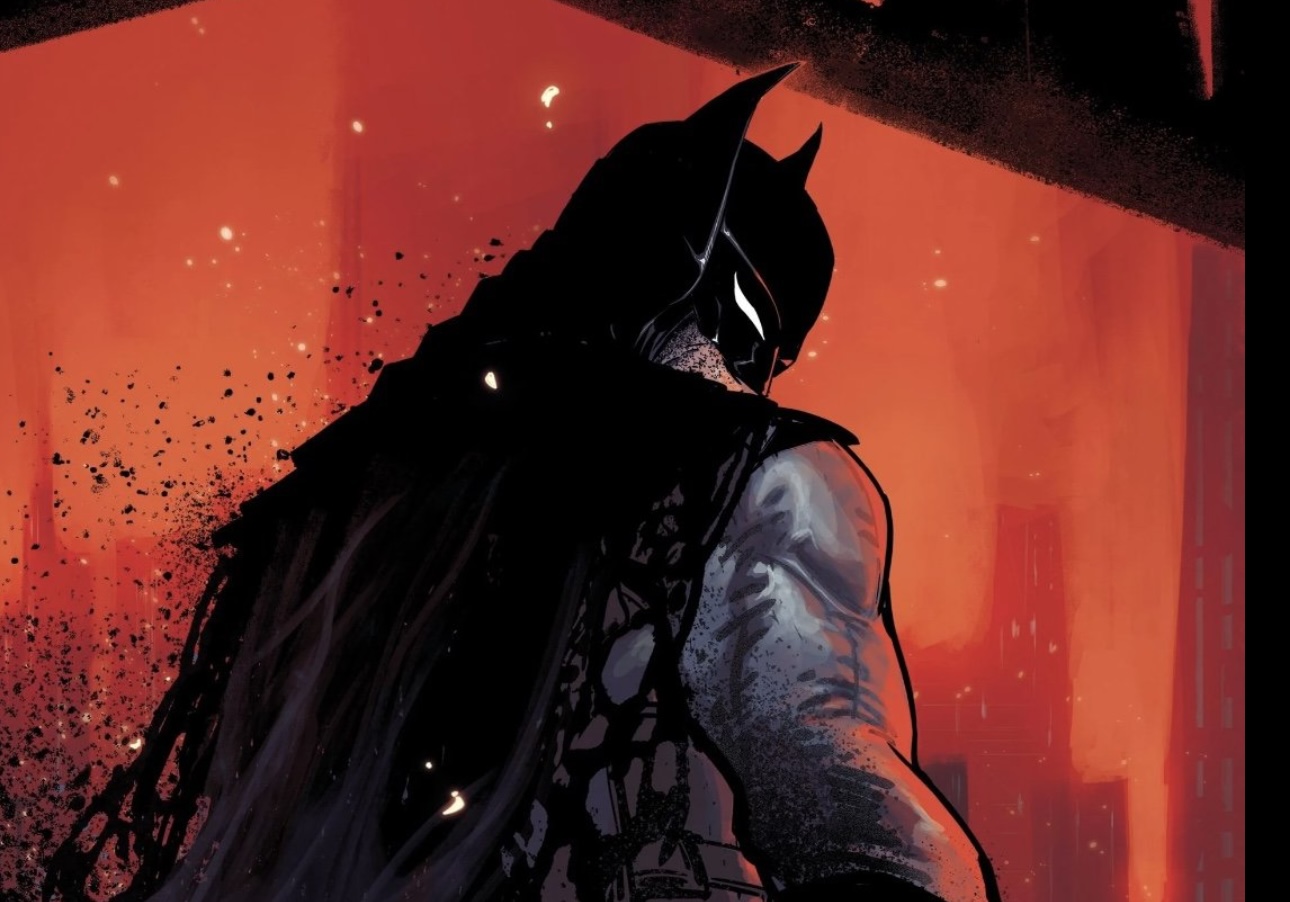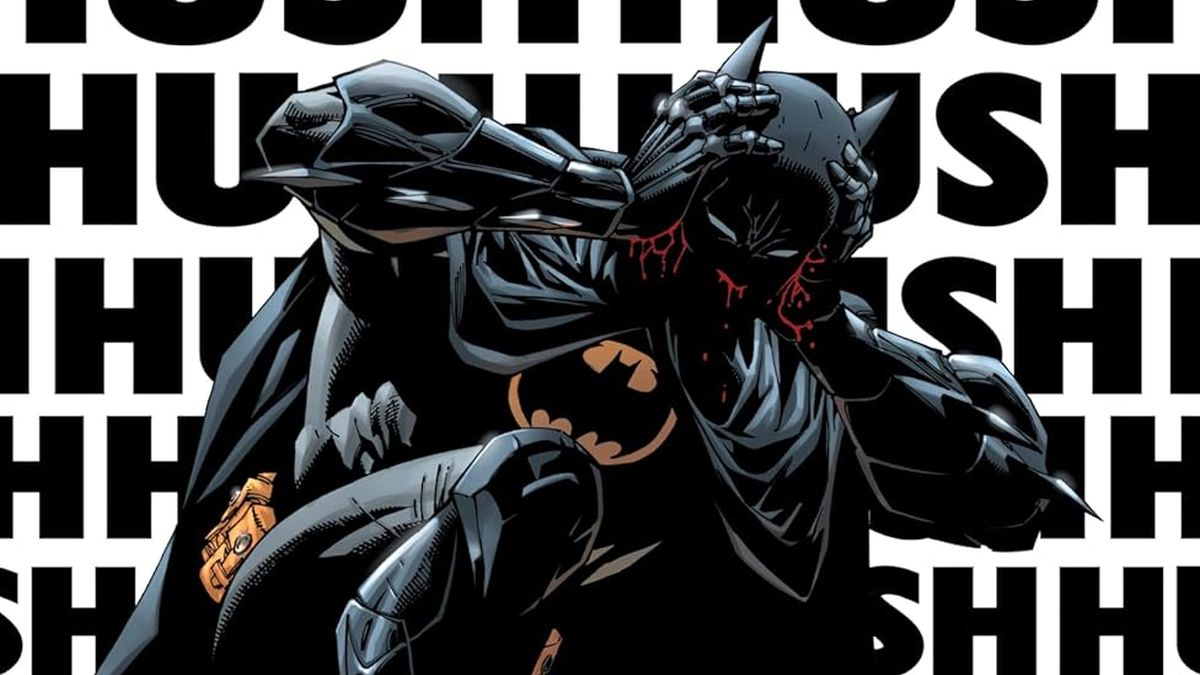In the expansive realm of comic book legends, Judge Dredd remains an enigmatic figure, patrolling the dystopian streets of Mega-City One with an unyielding commitment to justice. Created by John Wagner and Carlos Ezquerra, Dredd burst onto the pages of 2000 AD in 1977, carving out a unique space in the comic book landscape. Despite a dedicated fan base and a wealth of compelling stories, Judge Dredd has yet to attain the widespread recognition and popularity commensurate with his cultural impact. Let’s explore the multifaceted reasons behind Judge Dredd’s somewhat muted popularity, taking into account not only the character’s rich comic book history but also his cinematic endeavors.

A Rocky Start: The 1995 “Judge Dredd” Film
For many, their first introduction to Judge Dredd came through the 1995 film bearing his name, starring Sylvester Stallone. While this cinematic effort aimed to thrust the character into the mainstream, it ultimately stumbled on several fronts. Creative liberties taken with the source material, a tonal mismatch, and the infamous removal of Dredd’s helmet (a cardinal sin for purists) contributed to a film that fell short of capturing the essence of the comics.
The Stallone film, although a modest box office success, left an indelible mark on the public perception of Judge Dredd. The departure from the character’s grim, authoritarian nature, coupled with a narrative that failed to fully embrace the complexities of Mega-City One, created a cinematic interpretation that struggled to resonate with both fans and casual viewers alike. This misstep would become a lingering obstacle to Judge Dredd’s broader appeal.

Dredd (2012): A Glimmer of Redemption
In the wake of the 1995 disappointment, hopes were rekindled with the release of “Dredd” in 2012. Starring Karl Urban in the titular role, this film sought to rectify the mistakes of its predecessor and bring the authentic Judge Dredd experience to the big screen. “Dredd” presented a grittier, more faithful adaptation, embracing the character’s stoic demeanor and the violent, dystopian world he inhabited.
Despite receiving critical acclaim for its tone, visual style, and Urban’s portrayal of Dredd, the 2012 film faced its own set of challenges. A limited marketing campaign and a relatively modest box office performance prevented “Dredd” from becoming the blockbuster hit that could have thrust Judge Dredd into the cinematic limelight. While praised by fans and critics alike, “Dredd” struggled to dispel the lingering shadows of the 1995 film.

Complexity in Simplicity: The Dystopian Appeal of Mega-City One
One of the distinctive elements of Judge Dredd’s world is Mega-City One itself—an expansive, dystopian metropolis teeming with social, political, and environmental issues. While this intricate setting adds depth to the narrative, it may serve as a double-edged sword. The complexity of Mega-City One could potentially overwhelm newcomers to the series, acting as a barrier to entry.
Compared to more straightforward superhero narratives, Judge Dredd’s tales often grapple with nuanced themes such as authoritarianism, societal decay, and the moral complexities of law enforcement. These themes, while engaging for a certain audience, may not appeal to those seeking more conventional superhero stories. Striking a balance between the depth of Mega-City One’s world-building and a more accessible introduction to the uninitiated could be key to unlocking Judge Dredd’s broader appeal.
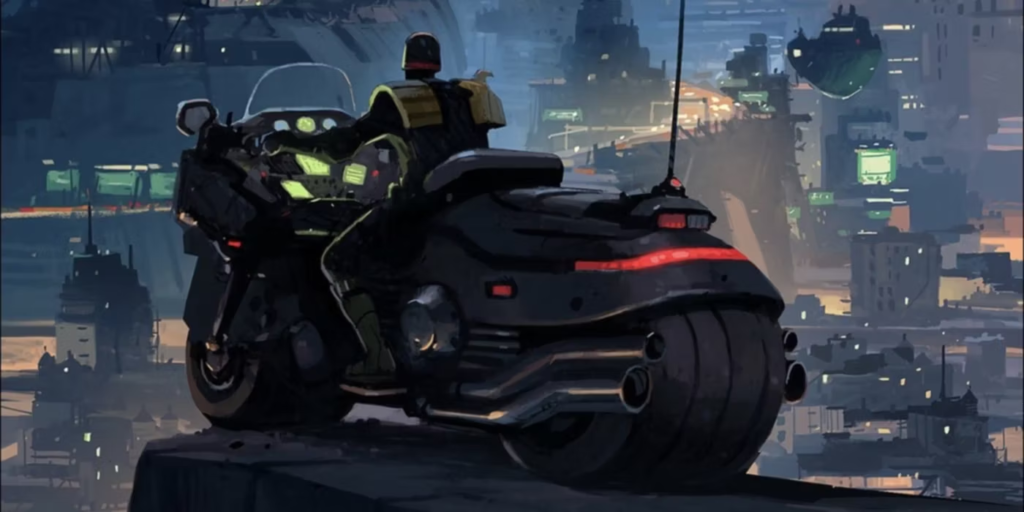
A Niche Within a Niche: Limited Exposure Outside Comics
While stalwarts like Batman and Spider-Man have become cultural icons through a diverse array of media adaptations, Judge Dredd has remained largely confined to the pages of comics. Limited exposure in animated series, video games, and merchandise has contributed to a lack of widespread recognition. The absence of continuous marketing efforts and a diverse range of adaptations has hindered Judge Dredd’s potential to become a household name.
Successful marketing can often be the difference between a character achieving mainstream recognition and fading into relative obscurity. Unfortunately, Judge Dredd has not received the same level of strategic marketing as some of his comic book counterparts. A sustained effort to promote the character across various platforms, especially in the digital age, could significantly enhance visibility and cultivate interest.

Awaiting the Resurgence of Justice
In the pantheon of comic book heroes, Judge Dredd occupies a unique space, offering a narrative depth and societal commentary that sets him apart. The journey to widespread popularity, however, has been fraught with challenges—from the missteps of the 1995 film to the limited exposure beyond the comics. The 2012 “Dredd” film, while a step in the right direction, couldn’t fully extricate the character from the shadows of its cinematic predecessor.
As the entertainment landscape evolves, there exists a palpable opportunity for Judge Dredd’s resurgence. A carefully crafted adaptation that respects the source material, coupled with a strategic marketing push, could propel the character into the cultural zeitgeist. The potential is evident; the fanbase is passionate, the stories are rich, and Mega-City One is a tapestry waiting to be explored on a broader canvas.
Judge Dredd stands at the precipice of a cinematic and cultural revival, awaiting the right confluence of factors to propel him into the mainstream spotlight. The future remains unwritten, and perhaps the next chapter in the chronicles of Mega-City One will finally see Judge Dredd ascend to the widespread recognition that has long eluded him. The quest for justice is timeless, and it may just be a matter of time before Judge Dredd claims his rightful place among the revered icons of popular culture.

